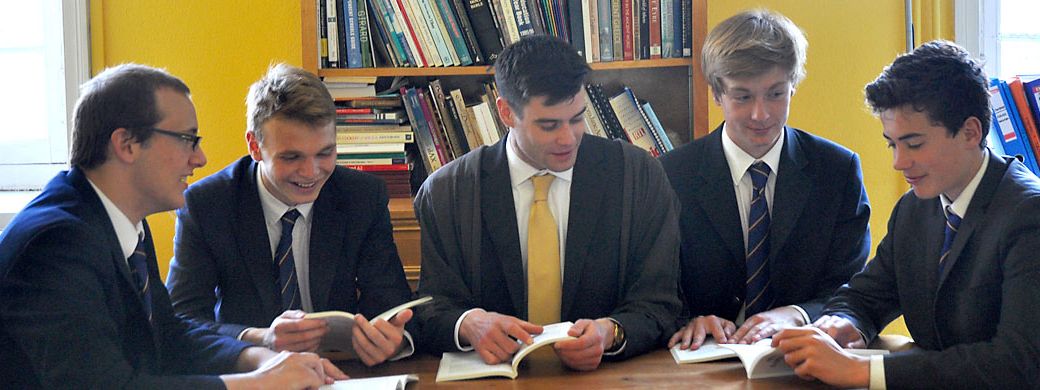Brave hearts, bad sleep, empty minds
A very good friend of mine, Cheryl, emailed me recently concerned about Rupert, her 14 year old son’s sleep pattern.
2 busy 2 sleep?
By way of relevant background, Rupert goes to a private school called Scots which goes by the motto of “Brave Hearts Bold Minds.” Scots boasts on it’s website of conferring “The Scot’s Advantage” to its students. As one would expect, a school which benchmarks itself against the world’s best, has high expectations of their students, & encourages boys to engage in sporting & many other extra curricular activities.
Of course, a Scot’s education does not come cheaply, so Hugo & Cheryl fork out $33,000 per year for Rupert’s education, so parents too have high expectations. Parents who choose to send their kids to expensive private schools view this as an “educational investment” for the future, and naturally expect better academic outcomes than would be achieved at their local public school.
First question & answer
This leads to Cheryl’s first question, “how do we time manage these clashes of Rupert’s many commitments, as parents, and how do we get Rupert to self-manage his busy life? It seems too much to fit into a 24 hour day”
Let’s answer to the second part of the question first. Most busy 14 year old boys are poor time managers. They need direction & support from their parents. Most teenagers do not view sleep as a priority in their lives, & thus, given half a chance, they will delay bedtime & compromise sleep.
I would suggest that Hugo & Cheryl talk with Rupert about time organising & prioritising his out-of-classroom activities. A timetable is helpful & this helps place time limits on activities. Some activities are negotiable & some are not. Sport & study will both continue to increase over the next few years, yet sleep requirement physiologically does not decrease over this time. Typically in this scenario, “something has to give”, and most commonly, the “something” that is compromised is sleep.
Why bad sleep causes poor learning
Compromising sleep time is detrimental because sleep deprived teenagers have compromised learning & moodiness. Cognitive processes slow down and the brain “shuts out” new learning when it is tired, so learning becomes futile, giving rise to the phrase “in one ear & out the other”.
A tired teenager in a classroom may as well not show up at all, as short term memory will be non-operational. Teachers can spot tired kids in the classroom & describe them variously as “zombies”, “daydreamers” & worse. Additionally, following a day of learning, a teen needs a good night of sleep to convert short term memory into consolidated learning (or long term memory). Memory consolidation occurs in dream sleep (REM sleep) and REM sleep time is truncated if sleep is inadequate.
Tired brains are inefficient, so homework takes longer, so bedtime is pushed even later. So in an environment where high academic returns are expected, sleep deprivation can quickly erode Hugo & Cheryl’s almost $200 per day educational investment.
Rupert’s equation
So, Cheryl, Hugo & Rupert need to sit and chat, & do the maths. School + sport + homework + ”Hugo wellness time” + other stuff + sleep need to equal 24 hours. Sleep should have a fixed timing just like classroom time. 9 hours sleep on school nights is “ideal world” but may not be “real world”. The lost learning opportunity cost of less sleep should be weighed up against the benefits of long training sessions for sport, as well as time consumed by other activities.
If I were to be blunt, one could ask whether Rupert is at Scots to potentially be the next Ian Thorpe or is he there to achieve optimal academic outcomes? I assume it is the latter. Rightly or wrongly the current measure of a school’s (& individual student’s) academic success is their Higher School Certificate exam result, & this is the key determinant of tertiary entry choice & ultimately career path. Therefore school + sleep should equal 15 hours. And, sport + “Hugo wellness time” + home study + all other stuff need to equal the remaining 9 hours
Cheryl’s 2nd question & answer
Cheryl isn’t finished yet, as she then asks in her email “can’t Rupert just catch up on his lack of weeknight sleep by napping on weekends?” In a general sense napping is a good way of re-energizing a tired brain. Weekend napping and sleep ins are common in teenagers, & they are a marker of a weeknight lack of sleep. The irony in all this however is that weekend naps & sleep ins result in an energized & ready to learn brain on the 2 days of the week where there is no teaching!
The tipping point in achievement seeking
As you can see, although the role of parents in getting the “sleep-school-life” balance right is crucial, educationalists have a key responsibility as well. As Hugo & Cheryl point out, Rupert is so busy with all his school related activities, that, fitting in adequate weeknight sleep time seems near impossible. Additionally, high parental & teacher expectations can cause stress & anxiety in students, & anxiety fuels insomnia.
In my adolescent sleep clinics there is a marked over representation of private school students (roughly 80% private vs 20% public school students), and this is partly because private schools “push” students to do more (& therefore achieve more). However there is a crucial tipping point in this achievement seeking process, whereby doing “too much” can compromise sleep time, and thus learning opportunity is undermined.
Dr Chris Seton, SleepShack

Share